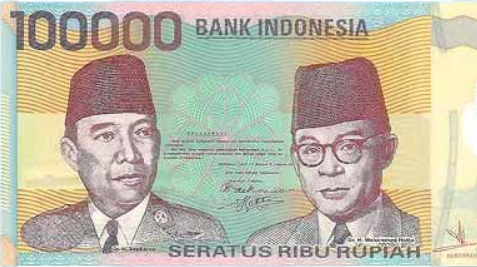JAKARTA – In the relentless pursuit of integrity and transparency, Indonesia has marked significant milestones and faced formidable challenges. The establishment of the Corruption Eradication Commission (KPK) stands as a testament to the nation’s unwavering commitment to eradicating corruption. Since its inception following the fall of Suharto, the KPK has been a beacon of hope, investigating over 1,500 cases, signaling a new era of accountability.
However, the journey has not been without its tribulations. Under President Jokowi’s administration, the KPK faced substantial opposition, particularly for its incisive sting operations that laid bare corruption within the echelons of power, including the Police. This led to calls from the government and parliament for increased oversight and a shift in focus towards prevention rather than direct confrontation with corrupt entities.
The enactment of a new KPK law in late 2019 marked a pivotal moment, birthing a Supervisory Council that reined in the Commission’s autonomy. This development sparked concerns over the KPK’s independence, as it seemed to transition from an impartial entity to a political instrument leveraged against adversaries.
Most recently, an extortion case implicating the KPK chief has cast a shadow over the institution, suggesting that even the guardians of integrity are not immune to the very vice they combat. This revelation has prompted introspection within the Commission and among the Indonesian populace, as they grapple with the complexities of maintaining a corruption-free system.
As Indonesia continues its fight against corruption, it stands at a crossroads between past achievements and future aspirations. The path forward is fraught with challenges, but the resolve to forge a nation defined by fairness and justice remains undeterred. The world watches as Indonesia navigates these turbulent waters, hopeful that the spirit of reform and righteousness will prevail. (zai)

